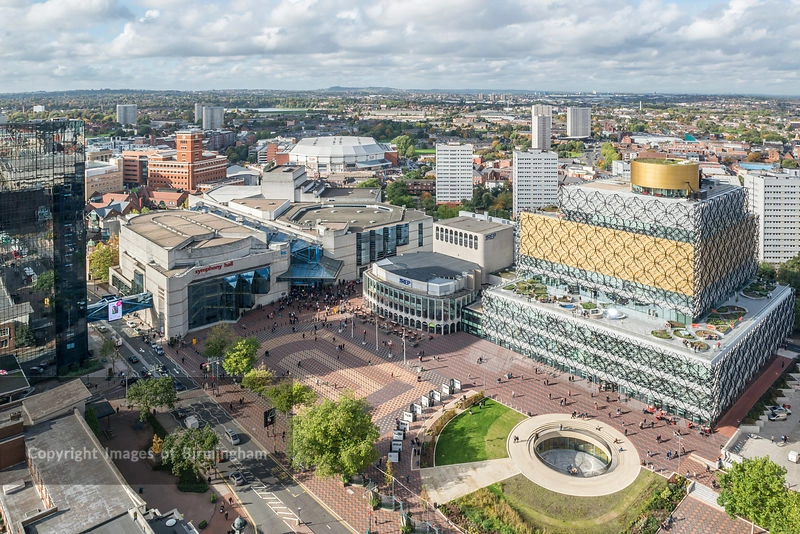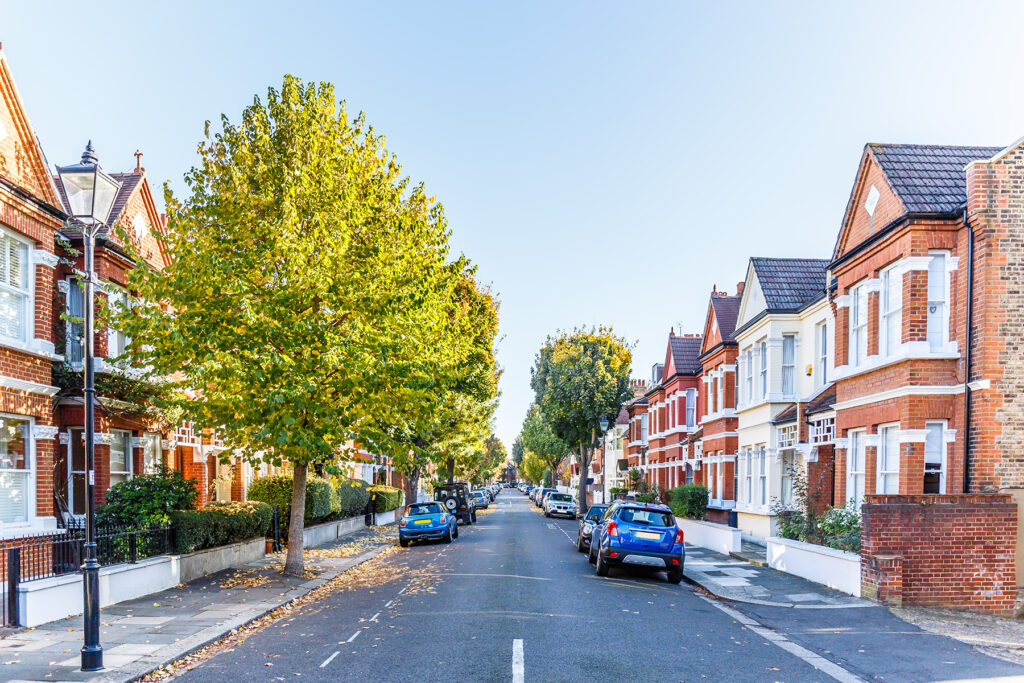In recent years, Property Investment Manchester has emerged as one of the most attractive opportunities in the UK for both domestic and international investors. The city’s ongoing regeneration, growing population, and robust rental demand have positioned it as a key player in the Northern Powerhouse initiative. As we enter 2025, Manchester’s property market continues to evolve, shaped by economic growth, changing tenant expectations, and global market influences. Understanding the latest trends is essential for investors who want to capitalise on the city’s momentum and make informed decisions.
1. Strong Demand for Build-to-Rent Developments
One of the most significant trends in 2025 is the continued expansion of the Build-to-Rent (BTR) sector. Manchester has become a hub for purpose-built rental accommodation, catering to a growing demographic of young professionals and students who value high-quality living spaces with amenities such as gyms, co-working areas, and concierge services.
In areas like Ancoats, Salford Quays, and the city centre, new BTR schemes are being developed at pace, offering stable, long-term rental income for landlords and institutional investors. For private investors, these developments present an opportunity to enter a professionally managed, high-demand market segment.
2. Regeneration Hotspots Driving Capital Growth
Manchester’s property market continues to benefit from large-scale regeneration projects that transform neighbourhoods and enhance property values. Key areas to watch in 2025 include:
- Northern Gateway – A £4 billion regeneration scheme delivering thousands of new homes and green spaces.
- Victoria North – Promising significant residential growth and improved transport links.
- Piccadilly East – Emerging as a creative and tech hub, attracting both businesses and residents.
Investors targeting these regeneration zones may see above-average capital appreciation over the next five to ten years.
3. Student Accommodation Remaining a Strong Performer
With institutions like the University of Manchester, Manchester Metropolitan University, and the Royal Northern College of Music attracting thousands of students each year, the demand for high-quality student housing remains resilient. Purpose-built student accommodation (PBSA) continues to achieve high occupancy rates and competitive yields.
In 2025, more investors are focusing on premium student properties—offering private bathrooms, high-speed internet, and communal study areas—catering to the needs of both domestic and international students willing to pay for comfort and convenience.
4. Shift Towards Energy-Efficient and Sustainable Properties
Sustainability is no longer just a buzzword—it’s a core consideration for investors, landlords, and tenants alike. With stricter EPC regulations on the horizon, properties that meet or exceed minimum energy performance standards are becoming more attractive.
Developers in Manchester are incorporating green roofs, solar panels, and energy-efficient appliances into new builds. Older properties are also being retrofitted to reduce carbon emissions. For investors, this shift presents both a challenge and an opportunity: sustainable properties not only comply with legislation but also appeal to environmentally conscious tenants willing to pay a premium for eco-friendly living.
5. Growth in Mixed-Use Developments
Manchester’s skyline in 2025 is increasingly dotted with mixed-use developments that combine residential, commercial, and leisure spaces in one location. These developments create vibrant, self-contained communities, often within walking distance of key transport links.
For investors, mixed-use schemes offer built-in rental demand, as tenants benefit from convenience and lifestyle amenities. Areas like Deansgate Square and Mayfield are leading examples, attracting both residents and businesses looking for modern, well-connected spaces.
6. The Impact of Remote and Hybrid Working on Rental Demand
The post-pandemic work culture continues to influence rental preferences in Manchester. While city centre living remains popular, more tenants are seeking larger apartments or houses with dedicated home office space, reliable internet, and access to green areas.
Neighbourhoods just outside the city centre, such as Chorlton, Didsbury, and Prestwich, are seeing increased demand from professionals who want easy access to central Manchester but value a quieter, community-focused lifestyle. This trend opens opportunities for investors to explore high-demand suburban locations.
7. Short-Term Lets and the Tourism Effect
Manchester’s thriving cultural scene, sports events, and conference industry are fuelling interest in short-term rentals. Platforms like Airbnb continue to attract visitors, especially around major events such as Premier League matches, music concerts, and the Manchester International Festival.
However, with potential regulatory changes around short-term lets expected in the coming years, investors considering this route should stay informed about local council policies to ensure compliance.
8. Increasing Role of Technology in Property Management
PropTech solutions are playing a growing role in Manchester’s property investment landscape. From virtual viewings and automated rent collection to smart home devices and AI-driven tenant screening, technology is making property management more efficient.
For landlords, adopting digital tools can improve tenant satisfaction, reduce costs, and streamline operations. In a competitive rental market, offering tech-enabled living spaces can also be a valuable differentiator.
9. Rising Interest from Overseas Investors
The weak pound in recent years, combined with Manchester’s strong economic fundamentals, continues to attract overseas buyers, particularly from Asia and the Middle East. International investors are drawn to the city’s rental yields, lower entry prices compared to London, and strong growth projections.
In 2025, this trend is particularly evident in the off-plan apartment sector, where overseas buyers are securing units in major developments before completion, often at competitive prices.
10. Affordability Challenges and Tenant Expectations
While Manchester remains more affordable than London, rising property prices and rents are creating challenges for some tenants. This shift is encouraging more renters to seek value for money, with expectations for high-quality finishes, modern kitchens, and well-maintained communal areas.
For landlords, meeting these expectations can result in higher occupancy rates, better tenant retention, and the ability to command premium rents.
Key Areas to Watch in 2025
For investors looking to make strategic moves this year, several Manchester districts stand out:
- Ancoats – A trendy neighbourhood with strong demand from young professionals.
- Salford Quays – A hub for media, tech, and waterfront living.
- Castlefield – Combining historic charm with modern developments.
- Fallowfield – A popular choice for student rentals.
- Stockport (Greater Manchester) – Benefiting from regeneration and excellent transport links.
Final Thoughts
The outlook for Manchester’s property market in 2025 is one of growth, diversification, and innovation. Whether you’re an experienced investor or entering the market for the first time, understanding the city’s evolving trends is key to making smart decisions.
From the rise of Build-to-Rent schemes and mixed-use developments to the growing importance of sustainability and technology, Manchester offers a dynamic environment for investment. While challenges such as affordability and regulatory changes will shape the market, the fundamentals—strong rental demand, regeneration projects, and economic resilience—remain firmly in place.
Ultimately, Property Investment Manchester is about more than just buying bricks and mortar—it’s about aligning with the city’s future vision, adapting to changing tenant needs, and positioning yourself to benefit from one of the UK’s most exciting urban growth stories.








